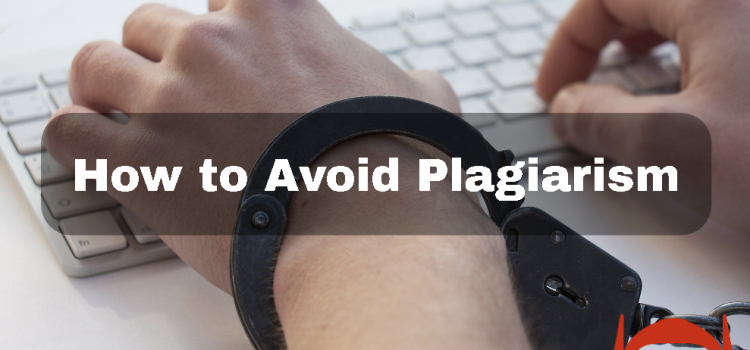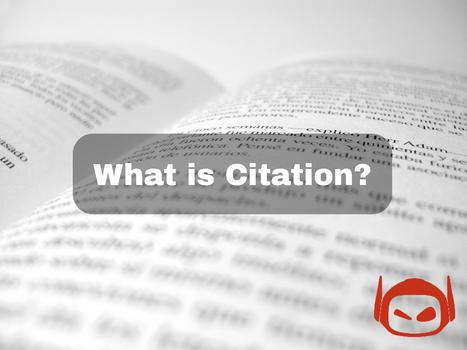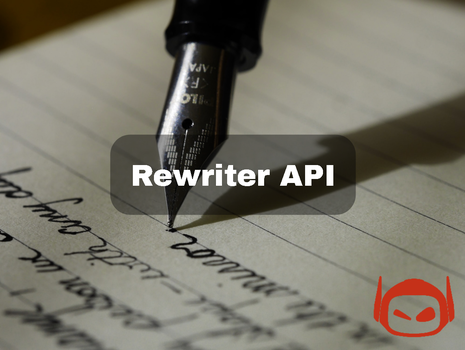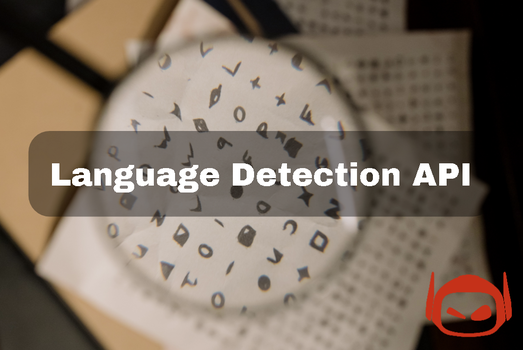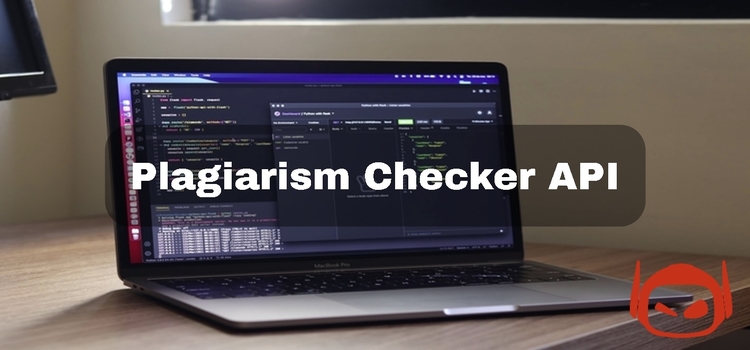Students often seem to face some issues while studying, be it a shortage of time or a hard topic to write an essay on. When you progress higher in your academic life, writing essays becomes more and more vital.
In the starting, it is a part of your curriculum, and your grades also depend on it. But during college admissions, an easy writing assignment can be a deal maker or breaker.
How to start an essay
Writing an essay is a complex, time-consuming, and multilayered process. It involves thorough research, data collection, and analysis, outlining and structuring, writing, proofreading, and editing. Also, you need to have an exceptional command of the language you are writing in.
When writing essays, not just your thoughts and ideas undergo evaluation. You also need to format and organize your paper in a way that presents your point of view and ideas.
Read More
